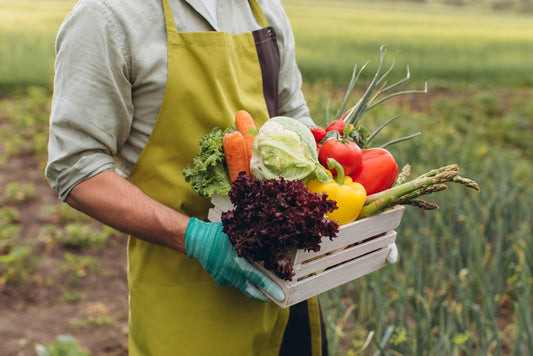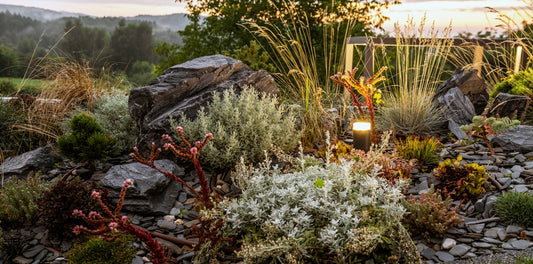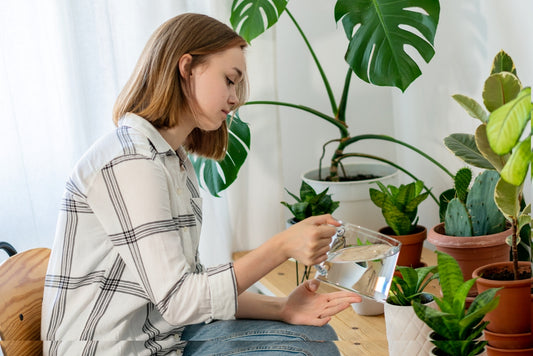You’ve likely seen the terms “plant food” and “plant fertilizer” used interchangeably on signs in the store, bags of fertilizer, or online advertisements. They actually have two completely different definitions though. In today’s blog, we’ll explore the differences and dive into some tips on nourishing your plants.
Plant Food
Plants make their own food from the nutrients they take up from the soil and absorb from the sunshine and air. They take chlorophyll, carbon dioxide, sunshine, nutrients and water and convert them into sugars, releasing oxygen into the air in that process. Plant food cannot be purchased; they make it themselves from the nutrients and supplies surrounding them.
Plant Fertilizer
This can be formed either from organic or synthetic compounds. While plant fertilizers do contribute to “plant food,” they do so by supplying the plant or soil with nutrients to turn into food. Fertilizers come in a variety of forms to have different effects, like granules or liquid, and typically contain a mixture of the macronutrients nitrogen, phosphorus and potassium.
Organic vs. Synthetic Fertilizer
There are different types of fertilizer, so be aware when you’re picking out one for your garden. Organic fertilizers are made from composted materials. These work by breaking down and providing nutrients to the soil. This is a slower process than synthetic fertilizers that are applied directly to the plant and contain water-soluble compounds for easy breakdown. However, the effects of organic fertilizer are typically longer lasting.
Test the pH
If your plant isn’t getting the nutrition it needs, it might be due to the soil’s pH levels, not the amount of nutrition available. When the pH is off, plants cannot absorb those macro and micronutrients to their full benefit. Tests can be purchased to easily determine your soil’s pH.
Help your plants produce the plant food they need with plant fertilizers from Prevegenics. Visit our website to see our full range of products.



